Composing, Music Theory and Technology
Lessons with Dr. David Ibbett, who has held composition-teaching positions at the University of Cambridge, the University of Birmingham and the Guildhall School of Music and Drama, and now teaches at the Ibbett Music Studio and the Yamaha School of Boston. His students have been placed in the Massachusetts Teachers’ Association Composition Competition, the Yamaha Junior Original Concert, the BBC Proms Young Composer Workshop, and gone on to study at Music Colleges and Conservatories. Hear his compositions at www.davidibbett.com.
Composing Philosophy
Composition brings all of the musical skills together: performing, improvising, listening, theory and creativity. From the simplest of beginnings, these skills can culminate into works of great imagination, a journey that requires hard work, but also a clear sense of joy – the joy of discovery.
My composition students work on a wide variety of projects, from piano pieces to ensemble music, film scoring and electronic music. As with my piano teaching, I encourage diversity and variety for all of my composition students. Together, we do a lot of listening to different styles in a quest to find what makes a piece of music tick, gathering ideas and influences along the way. Assembling this jigsaw influences into a coherent, polished and personal style can be a daunting task, but with patience and careful listening – to music, but also to yourself – a natural path will emerge.
When teaching music theory, I believe that a practical approach is best – learning concepts of harmony and musical structure by working on a challenging project. When it comes to the ‘rules’ aspect of traditional theory, I aim to offer full explanations, while gradually building up a complete picture of how musical concepts relate to one another. This requires a good deal of context and study of other music – the Classical Greats – but also modern styles, including the contemporary classical and electronic music. Through this, we can learn why music appears to follow rules, and how they can be invented, followed, bent and broken.
As an electronic musician myself, I believe that all students should have the opportunity to study electronic music – its history, recording processes and the arts of sequencing and processing. Many of my composition students incorporate electronic work into their practice, as this is now essential for any career in composition. I teach the following software: Logic Pro, Pro Tools, Ableton Live, Garage Band, Max MSP, Sibelius, MuseScore and Noteflight.
I am an active composer in the Massachusetts and internationally in the USA and Europe. To learn more, see my projects at www.davidibbett.com


